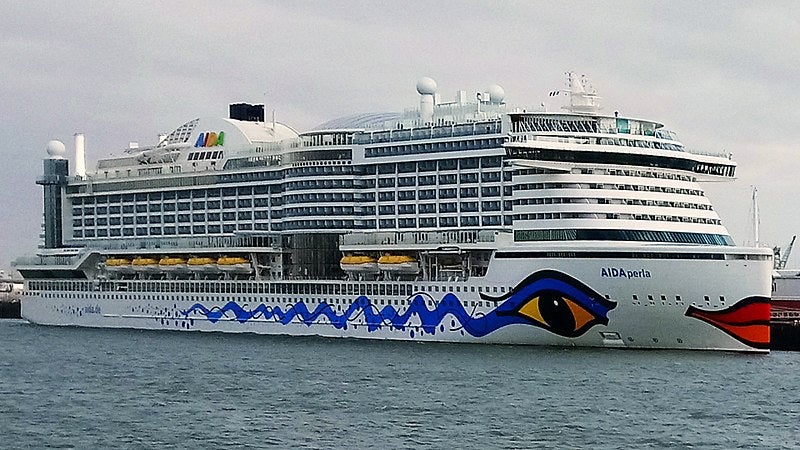
Cruise Lines International Association (CLIA) has announced that the cruise line members have extended the suspension of US cruise operations until 31 October.
Previously, the suspension of operations was effective until 15 September.
In a statement, CLIA said: “This is a difficult decision as we recognise the crushing impact that this pandemic has had on our community and every other industry.
“However, we believe this proactive action further demonstrates the cruise industry’s commitment to public health and willingness to voluntarily suspend operations in the interest of public health and safety, as has occurred twice prior.
“CLIA cruise line members will continue to monitor the situation with the understanding that we will revisit a possible further extension on or before 30 September 2020. At the same time, should conditions in the US change and it becomes possible to consider short, modified sailings, we would consider an earlier restart.”
As per a recent Economic Impact Study conducted by CLIA, the cruise activity in the US supports around 421,000 American jobs and generates $53bn each year in economic activity.
How well do you really know your competitors?
Access the most comprehensive Company Profiles on the market, powered by GlobalData. Save hours of research. Gain competitive edge.

Thank you!
Your download email will arrive shortly
Not ready to buy yet? Download a free sample
We are confident about the unique quality of our Company Profiles. However, we want you to make the most beneficial decision for your business, so we offer a free sample that you can download by submitting the below form
By GlobalDataEach day of US cruise suspension leads to a loss of around $110m in economic activity and 800 American jobs.
The suspension also majorly affects the states that are dependent on cruises such as Florida, Texas, Alaska, Washington, New York and California.
In a separate development, the Fourth IMO Greenhouse Gas Study has stated that the greenhouse gas (GHG) emissions from ships is expected to increase by 50% until 2050 compared to 2018 levels, even with further efficiency gains.
An international consortium spearheaded by CE Delft has prepared the study for the International Maritime Organization.



